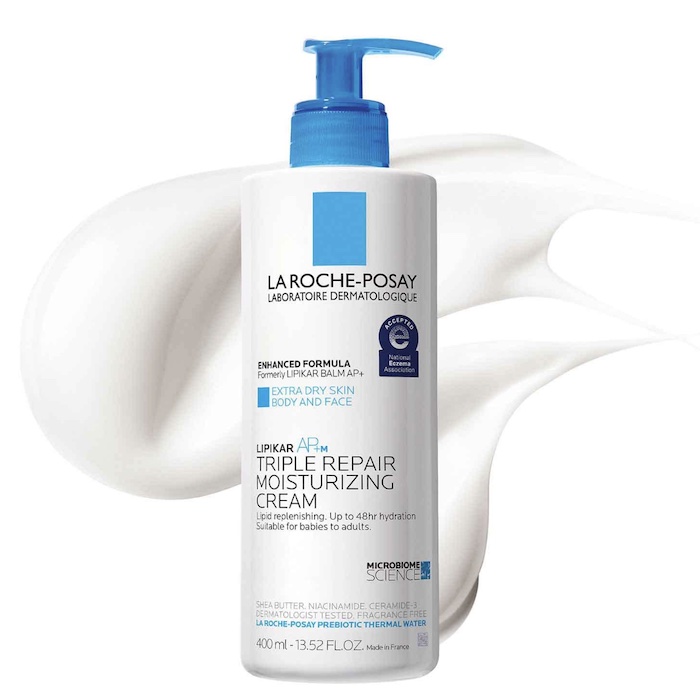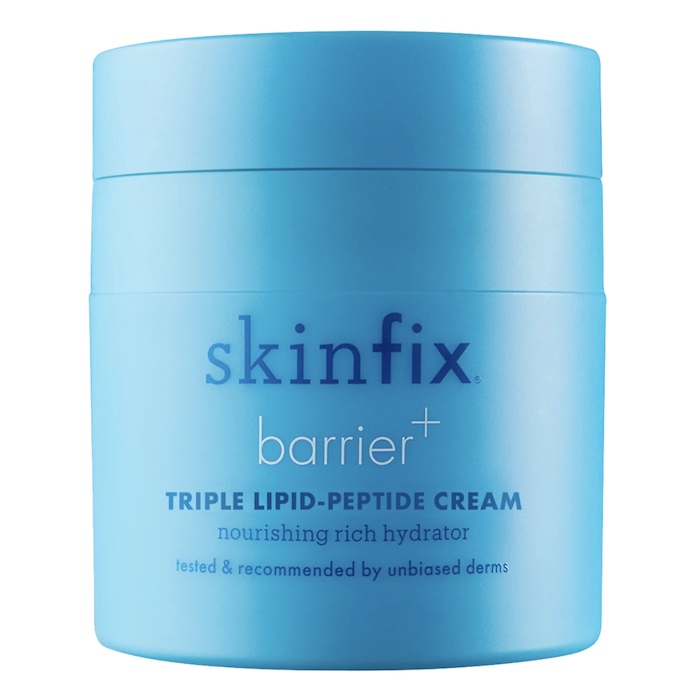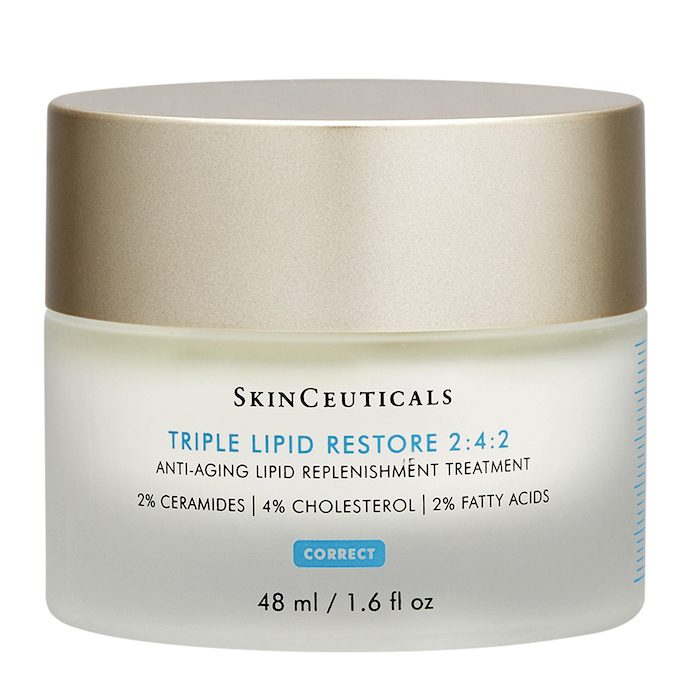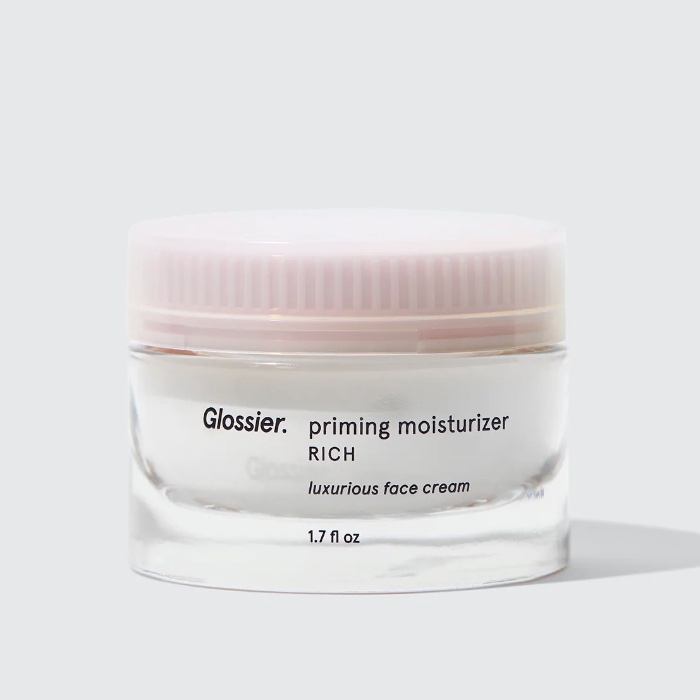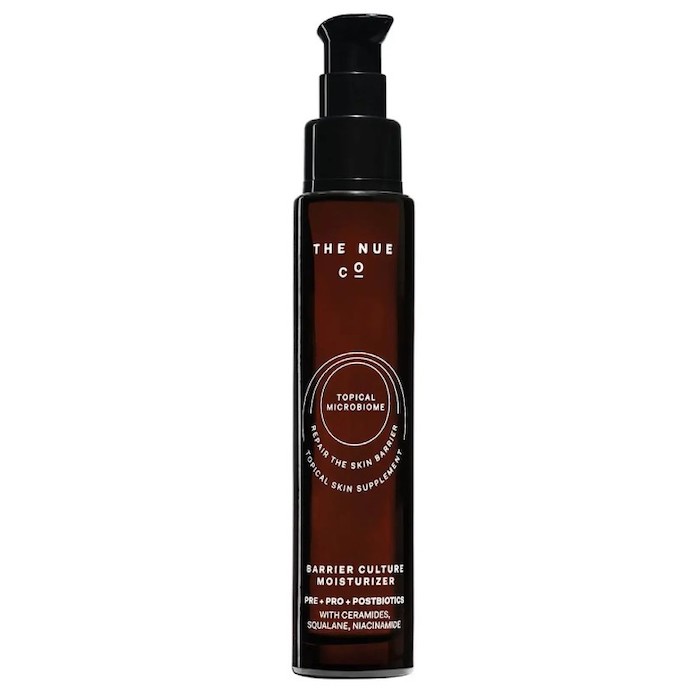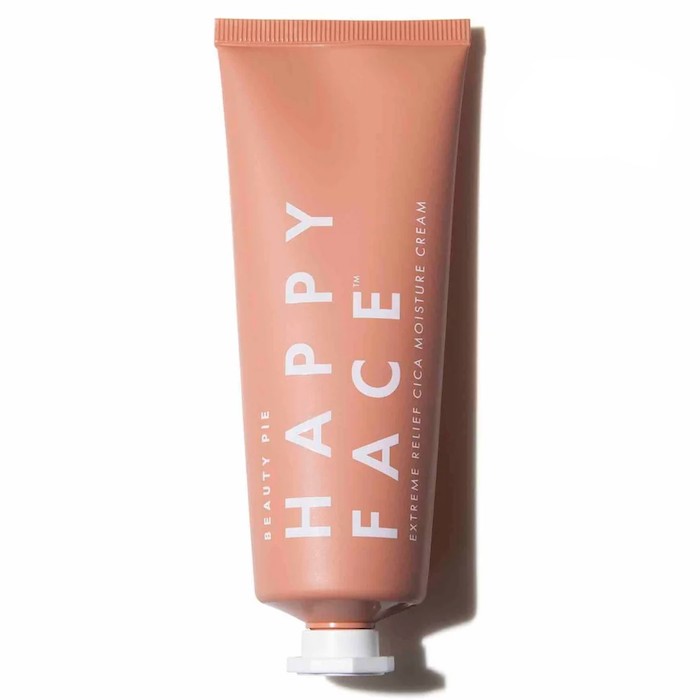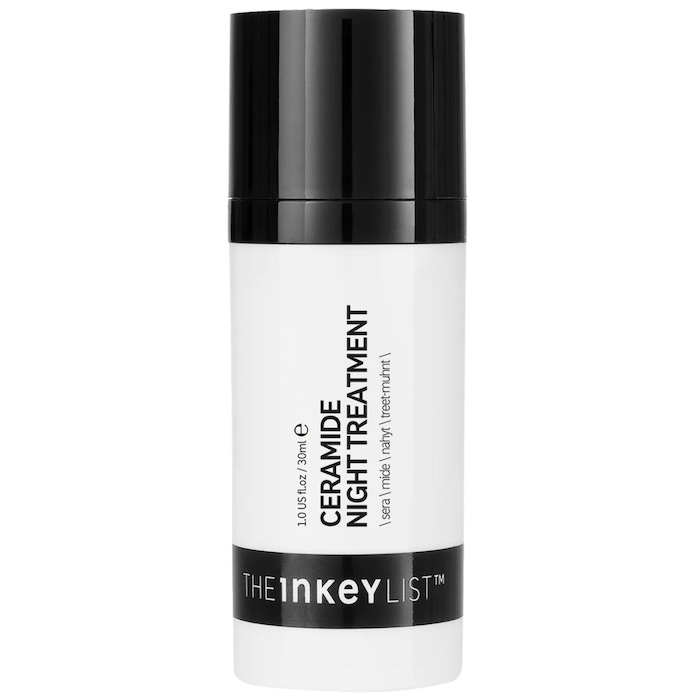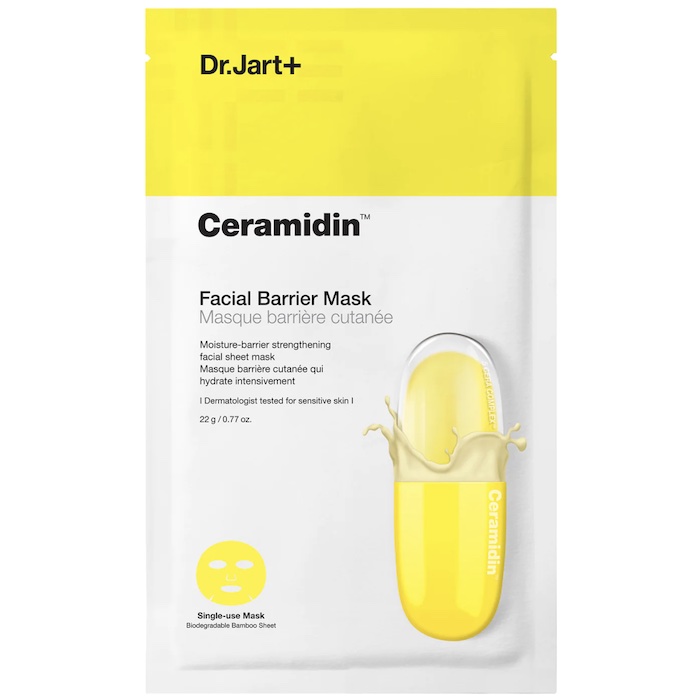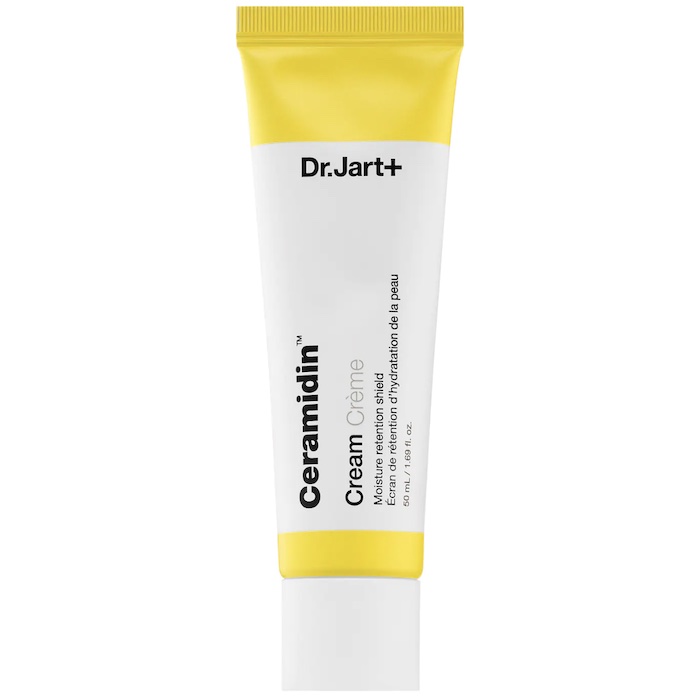Dry, Inflamed Skin? You're Probably Sleeping on This Under-the-Radar Ingredient


There is nothing more uncomfortable than dry, inflamed skin, and it doesn't matter if it strikes in winter, summer, post-procedure, or during any other time or circumstance. What you need are the right skincare ingredients to repair your damaged moisture barrier (because, after all, that's the root cause of dryness and irritation). While there are many options, including hyaluronic acid and shea butter, one of the best ingredients is rather low-key compared to the rest.
We're talking about ceramides. While it's likely you've heard about them before, most people aren't familiar with the way they work or just how effectively they can soothe and comfort angry skin. In fact, ceramides come highly recommended by dermatologists for this exact reason. Keep scrolling to learn all about ceramides and how they can benefit your skin, according to two expert derms. Then, shop dermatologist and editor-recommended ceramide products. (May your moisture barrier be strong and supported from here on out.)
What Are Ceramides?

First, did you know your skin naturally produces ceramides? According to Board-Certified Dermatologist, Dr. Dustin Portela, "Ceramides are a lipid that is made by our skin that is an important part of our skin’s natural moisture barrier. The moisture barrier helps to keep water in our skin and keep bacteria and other bad stuff out. As we age, or when we suffer from eczema, our skin produces fewer ceramides leading to dryness and itching. It can be helpful to apply moisturizers with ceramides to heal the skin barrier in these kinds of conditions."
Dr. Geeta Yadav, board-certified dermatologist and founder of FACET Dermatology, uses the metaphor of a brick wall to explain ceramides and how they function in the skin. "Think of your skin like a brick wall—ceramides act as the mortar between your skin cells, helping to prevent any external factors (such as bacteria) from getting in and moisture from getting out." Because of this, they're "key to maintaining hydrated, nourished, and healthy skin."
How Do They Benefit The Skin?

Since ceramides are an integral component of the moisture barrier, they're the key to keeping dryness, flakiness, and irritation at bay. "All skin types benefit from ceramides, but they’re most important for those with dry or sensitive skin," Yadav explains. "Dry skin has trouble retaining moisture, while sensitive skin has a dysfunctional moisture barrier. Supporting these complexions with ceramides will help the skin stay balanced and healthy."
Are There Any Drawbacks or Downsides?

The best part about ceramides is that there are virtually zero drawbacks or downsides to using them. "Because ceramides are naturally produced by the skin—they just dwindle over time—they are well tolerated by the skin," Yadav says. "I know of no negatives to using ceramides."
Portela agrees, saying they're "great to use on skin that is dry or suffering from eczema or itching. They are safe to use at all ages and are also safe to use during pregnancy."
How Often Can They Be Used?

Both dermatologists say that ceramides can be used every single day to best support skin health. "Ceramides can and should be used daily in a skincare routine," Yadav says. "They’re especially important when skin is subjected to dry and cold air, or when using potent resurfacing ingredients, like retinoids. These conditions can really strip the skin of its natural oils and leave it compromised—ceramides will help replenish nourishment."
Portela also recommends using them daily, saying, "those suffering from dry skin, eczema, or itching should use a ceramide-based moisturizer daily. For my own patients, I recommend that they use them on damp skin immediately after showering."
Shop 10 Derm and Editor-Recommended Ceramide Products
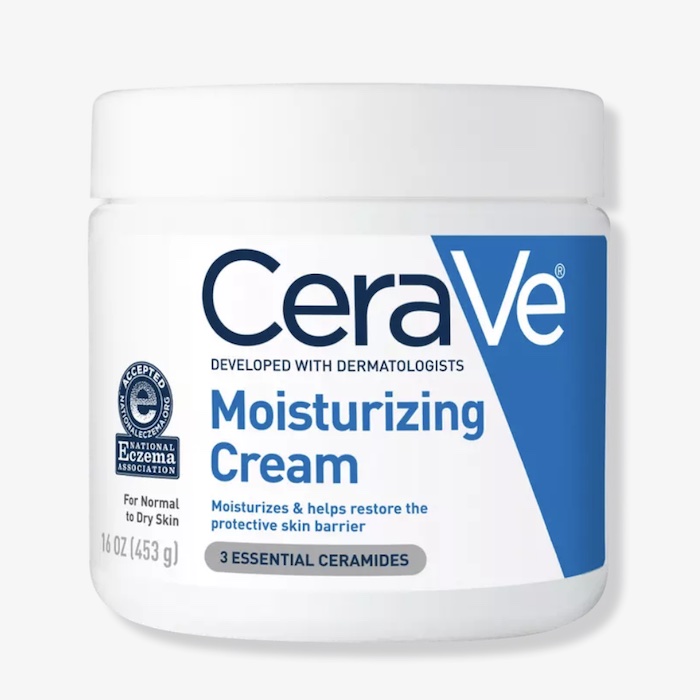
Both derms recommend this drugstore product. Portela says it's "perhaps the most well-known ceramide-based moisturizer and comes highly recommended by dermatologists. It remains one of my favorites."
Yadav agrees, saying, "This drugstore formula is practically the gold standard for ceramides—it contains three different ceramides as well as hyaluronic acid to restore skin moisture levels and reinforce the skin barrier."
Next, This Expert-Approved Technique Is Set to Be the Next Big Skincare Trend.

Kaitlyn McLintock is a Beauty Editor at Who What Wear. She has 10 years of experience in the editorial industry, having previously written for other industry-leading publications, like Byrdie, InStyle, The Zoe Report, Bustle, and others. She covers all things beauty and wellness-related, but she has a special passion for creating skincare content (whether that's writing about an innovative in-office treatment, researching the benefits of a certain ingredient, or testing the latest and greatest at-home skin device). Having lived in Los Angeles, California, and Austin, Texas, she has since relocated back to her home state, Michigan. When she's not writing, researching, or testing beauty products, she's working through an ever-growing book collection or swimming in the Great Lakes.
